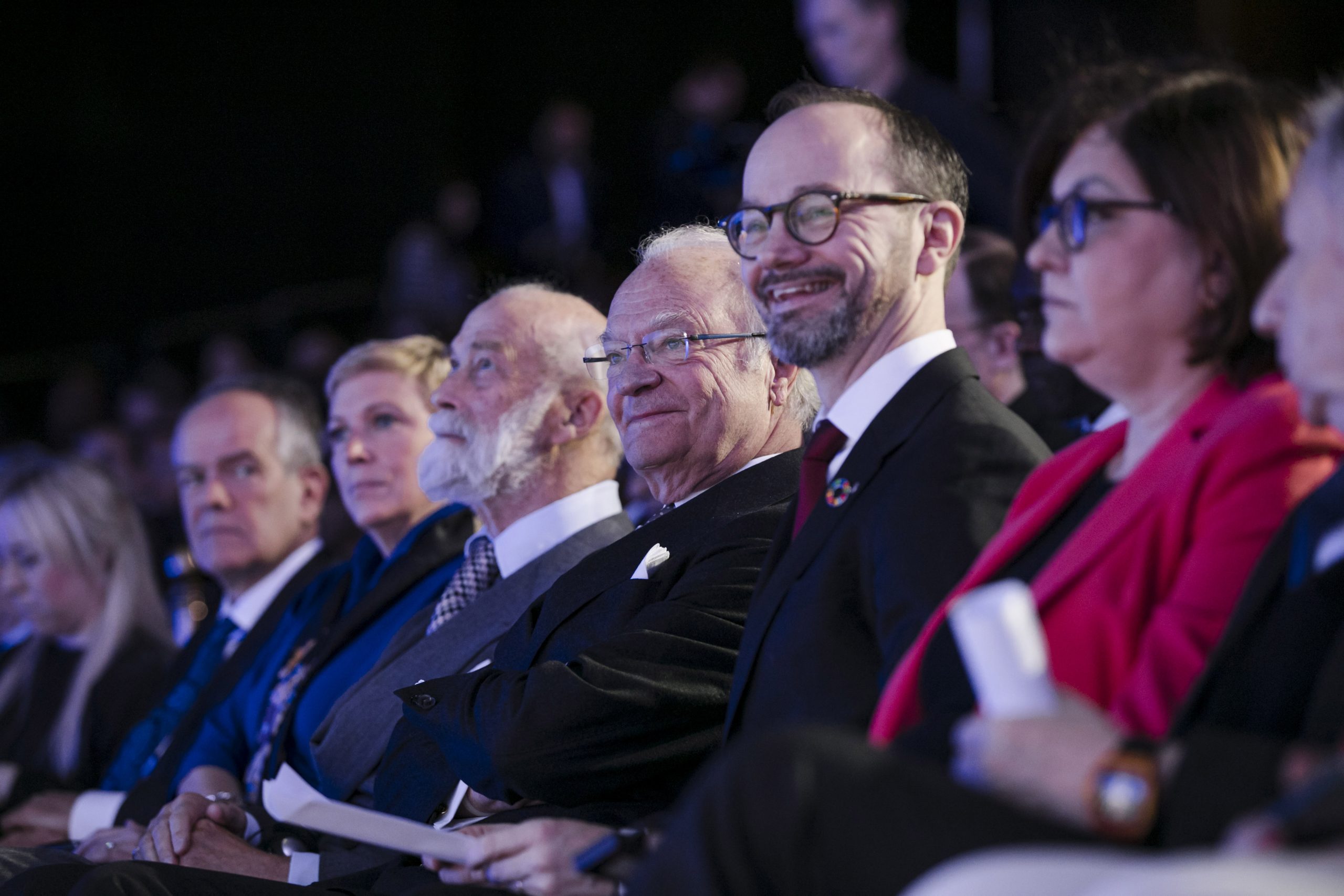
The Stockholm Declaration, which was the key outcome of the 3rd Global Ministerial Conference on Road Safety, was a key milestone in the adoption of the UN Resolution on Improving Global Road Safety. The declaration is endorsed in the resolution and informs many of its calls to action. The resolution represents a success for the Government of Sweden, which has long been known as a leading proponent of evidence-based approaches to road safety and a leading co-sponsor of the resolution. We asked Minister for Infrastructure, Tomas Eneroth, who led the for the Swedish Government’s for his comments on the UN Resolution.
Why is the UN resolution important for Sweden and the legacy of the ministerial and why is it important globally?
Sweden has worked systematically for decades to improve road safety, and I am for that work. Through the conference in February 2020, I wanted to share my vision in an inclusive and transparent context, where we could take road safety to the next level. I believe that the conference did just that. With delegates from more than one hundred countries, it was a truly multilateral event, and the Stockholm Declaration spells out a strong message of action and cooperation.
I would also like to take this opportunity to express my appreciation to all involved in elaborating the Stockholm Declaration. Input from all stakeholders, especially from the NGOs, throughout the process and during the conference serves both as an inspiration and injects a sense of urgency for our joint work that lies ahead.
With the new UN General Assembly Resolution endorsing the Stockholm Declaration, there is a global pledge to continue and develop our global cooperation, our knowledge sharing and our commitment towards Vision Zero. For me and for Sweden, but more importantly, for the hard everyday work towards road safety being done all around the world, this is a great recognition and inspiration. I am honored and grateful that the resolution was adopted, and thankful to the Russian Federation for leading the work in the General Assembly.
Why is it so important to see road safety holistically in the context of the other SDGs?
This is one of my greatest take-home messages from the Stockholm Conference. Thanks to the cross-sectorial nature of the Sustainable Development Goals, we can visualize the connections between actions and results, even between sectors. This is how we take the next leap in road safety. Driving safely will reduce fatalities, but also decrease the contributions of road traffic to climate change. Empowering all to be decision-makers in local communities can result in safer road environments, in addition to supporting their education and their economic independence. Such insights can support policy development and action that lead to a real win-win development.
In the past, road safety practice has largely been isolated from other policy areas — almost a separate process. However, more can be achieved if we see road safety as a component of many other processes.
Will it make a difference and can the target be achieved?
Gathering around a common vision, a Vision Zero, highlights the importance of road safety for all of us. It inspires action and positive change. The second Decade of Action is proof that there is a strong and continued global commitment to create real change for safer roads. Every step towards Vision Zero is important and, by inspiring and creating a moment of change, makes a real difference and saves lives.
How can NGOs help?
A key element of the Stockholm Declaration, and in line with the Sustainable Development Goals, is that it underlines the fact that road safety is not a concern for some, but for everyone. We have to work in partnerships. Parliaments, governments and practitioners from all parts of society can do more, and the private sector must also understand its importance and contribute. In this multi-actor setting, civil society must be given an active role: a role as advocates to help raise awareness both among politicians to act but also by disseminating knowledge and commitment in their communities.
Words on paper are important, but it is how we act and what we do that really matters.
Feature image: Mikael Ullen